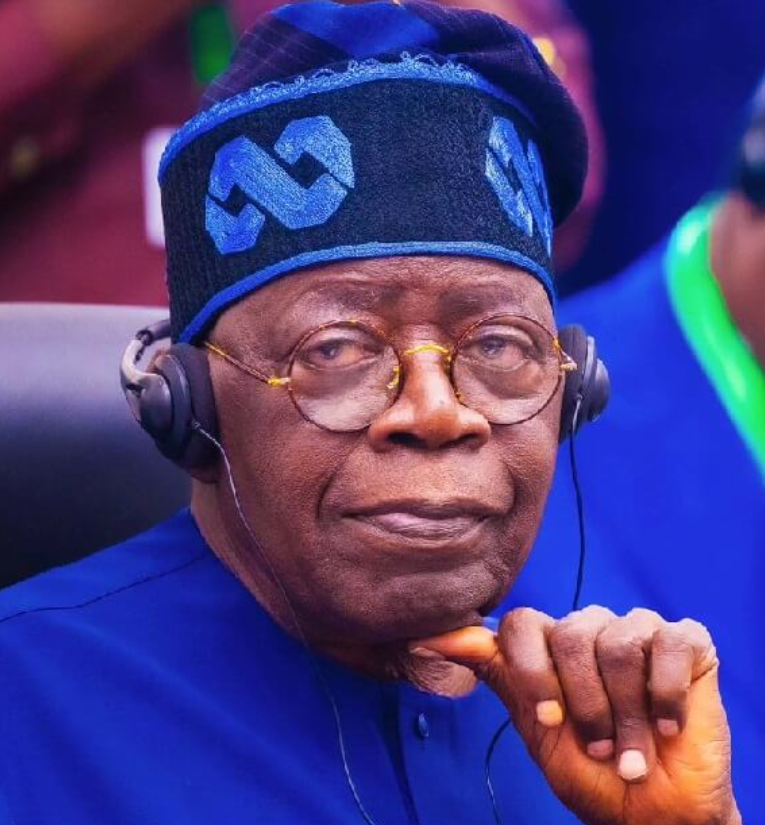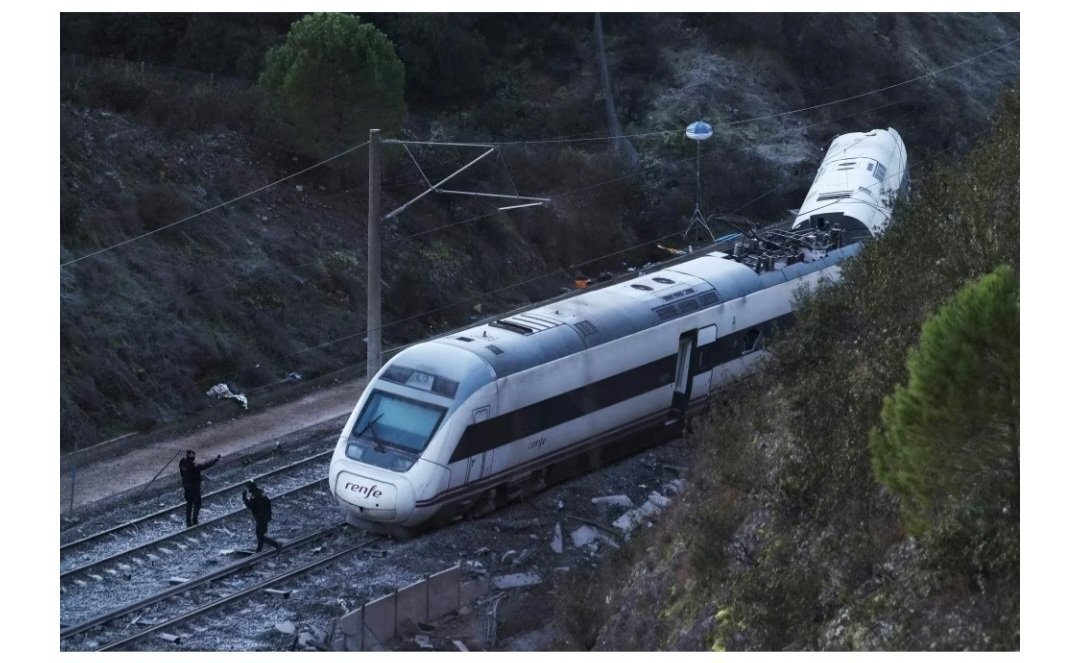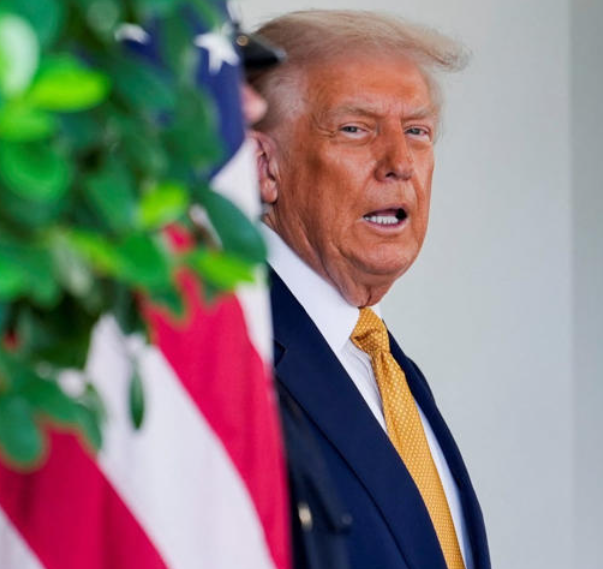
In a move set to reshape the landscape of digital communication, WhatsApp is on the brink of a transformative update, welcoming other messaging networks into its platform.
Anticipated by users worldwide, a new inbox option is slated to debut in the app in the imminent weeks, marking a significant departure from its traditional structure.
This groundbreaking shift stems from the European Union’s Digital Markets Act (DMA), a legislative framework compelling tech giants like Meta-owned WhatsApp to open their doors to interoperability.
Under the DMA’s directives, apps deemed ‘gatekeeper services’ face stringent regulations, mandating compatibility with diverse messaging platforms to foster inclusivity and competition.
WhatsApp’s strategic maneuvers towards interoperability have been underway for over a year, with an official unveiling scheduled for March, promising a delicate balance between connectivity and safeguarding user privacy.
Speaking to Wired, Dick Brouwer, WhatsApp’s engineering director, underscored the paramount importance of maintaining the platform’s stringent privacy and security standards amidst this transition.
Functionally, the integration will allow seamless communication between WhatsApp and other networks like Facebook Messenger, iMessage, Telegram, Google Messages, and Signal, transcending the barriers of app exclusivity.
Opt-in participation will empower users to exercise discretion in engaging with third-party messaging, guarding against potential spam and scams, according to Brouwer.
Distinctive to this integration is the segregation of third-party messages into a dedicated inbox, acknowledging the variance in security protocols and encryption standards across platforms.
While WhatsApp and Facebook Messenger champion end-to-end encryption, the alignment of encryption protocols remains a pivotal requirement for prospective collaborators, signaling a collaborative effort to fortify digital security.
However, the success of this paradigm shift hinges on the willingness of other messaging services to embrace Meta’s vision and align with its stringent security standards.
Credit: The Sun








